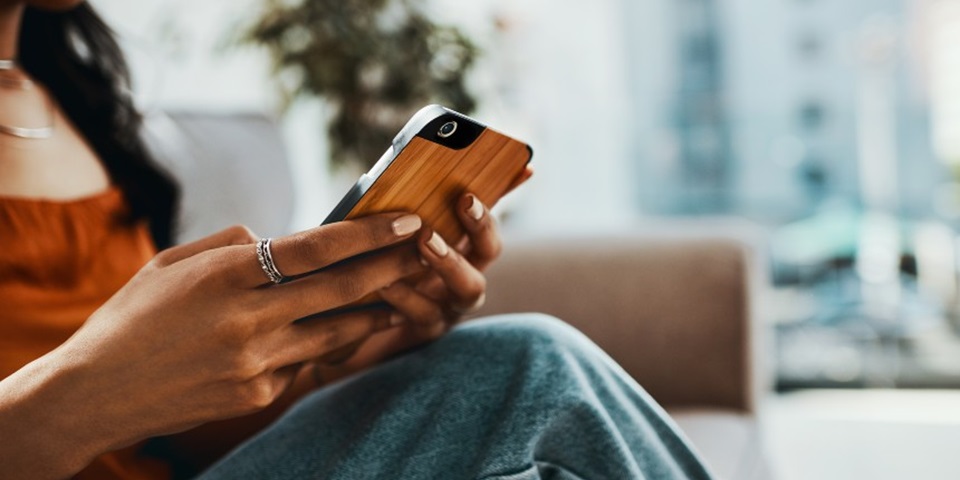News
Can your phone give you COVID-19?

New research suggests mobile phones are ‘trojan horses’ of infectious bacteria and viruses, contributing to community transmission during epidemics and pandemics.
Murdoch University’s Professor Simon McKirdy and Dr Mariana Campos, together with researchers from Bond University, the Dubai Future Council on Community Security and Dubai Police found on average 68% of mobile phones used in healthcare and community settings are contaminated with either bacteria, fungi, or virus pathogens.“Mobile phones contain un-noticed infectious pathogens that each person can carry and potentially transfer in their community and workplaces,” said Professor McKirdy.
“On average, people touch their mobile phones for three hours per day. This poses a serious health concern that can cause significant strain on healthcare, community safety, and unnecessary economic losses.”
Through 56 studies identifying microbial infection on mobile phones in healthcare and community settings, results showed while many viruses can be destroyed by hand washing, using a mobile phone afterwards can easily re-contaminate the person.
"Unlike hands, mobile devices are not regularly washed, and since they are neglected from a biosecurity perspective, they can help spread viruses like the flu and COVID-19,” said Dr Campos.
“Contaminated mobile phones pose a real biosecurity risk, allowing bacteria and viruses to cross borders especially through modern transport. Other shared public surfaces like door knobs, airport self-check ins and ATM machines are likely to pose a similar risk.
Dr Campos said while the Centre for Disease Control and Prevention (CDC) provide guidelines on the core practices for hand hygiene, they do not include practices associated with the use of mobile devices and smartphones.
It is surprising that no guidelines have been developed to manage the risk posed by mobile phones to date, particularly in the healthcare setting."“We strongly advise all national public health authorities and the Word Health Organisation to actively implement measures for all users to disinfect mobile phones. Otherwise, the global public health campaign of hand washing benefits would be drastically inefficient.
“Our recommendation is that phones should be decontaminated daily and regularly with either 70% isopropyl or by sanitising phones with UV-C devices like ‘PhoneSoap’.
“Decontamination processes should be enforced especially in key servicing industries, like in food-handling businesses, schools, aged-care, cruises, airlines and airports, hospitals, and dentists during an epidemic or pandemic like the one we’re currently suffering with COVID-19.”
However, more research still needs to be undertaken to determine effective and efficient disinfection and sterilisation methods to prevent mobile devices acting as ‘trojan horses’ for microbial infection.
Professor McKirdy and Dr Campos are biosecurity experts from Murdoch's Harry Butler Institute.